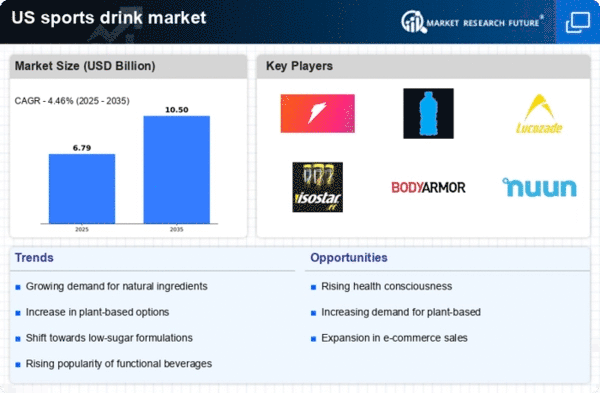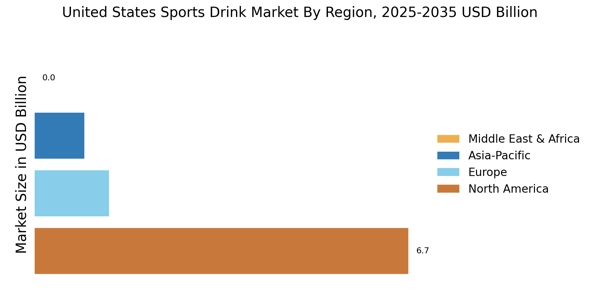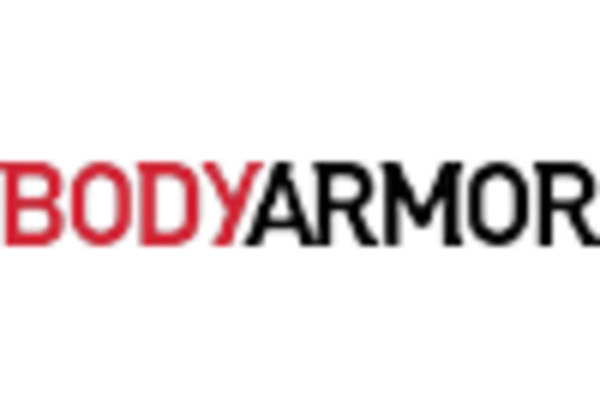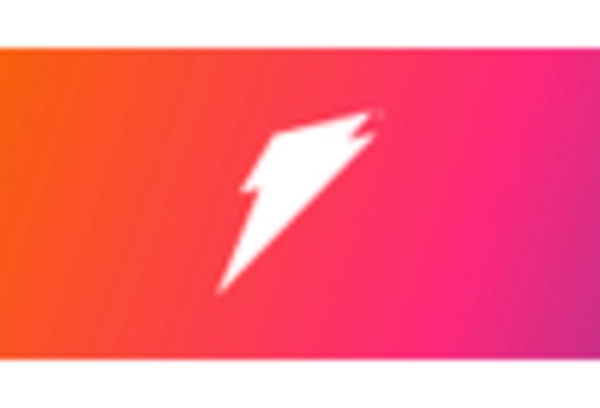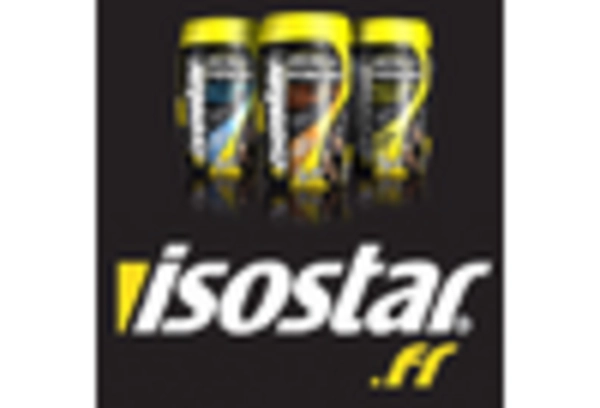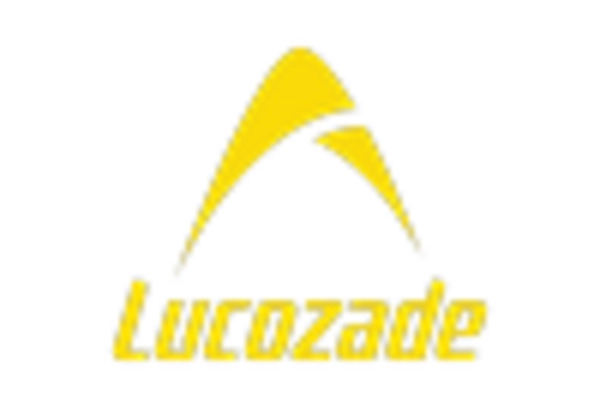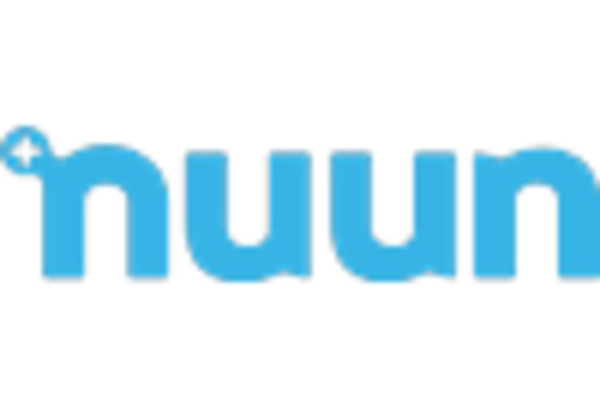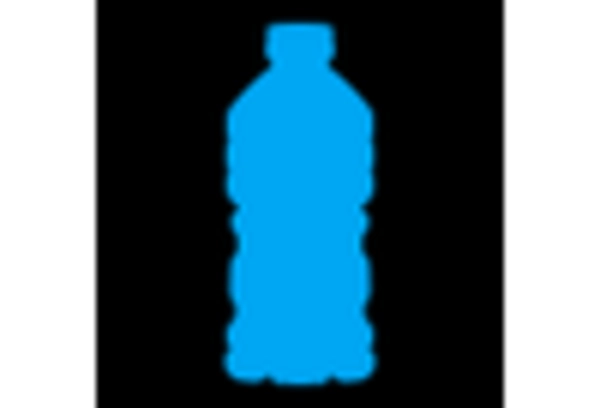Rising Fitness Culture
The increasing emphasis on fitness and wellness among consumers appears to be a primary driver for the sports drink market. As more individuals engage in regular physical activities, the demand for hydration solutions tailored to active lifestyles grows. According to recent data, approximately 60% of adults in the US participate in some form of exercise, which correlates with a heightened interest in sports drinks. This trend is particularly pronounced among younger demographics, who are more likely to seek out beverages that support their fitness goals. Consequently, brands are responding by developing products that cater to this health-conscious audience, thereby expanding their market presence. The sports drink market is likely to benefit from this cultural shift, as consumers increasingly prioritize hydration and performance-enhancing beverages in their daily routines.
Focus on Functional Ingredients
The sports drink market is witnessing a growing focus on functional ingredients that offer additional health benefits. Consumers are increasingly seeking beverages that not only hydrate but also provide nutritional value. Ingredients such as electrolytes, vitamins, and natural sweeteners are becoming more prevalent in product formulations. This trend aligns with the rising consumer awareness regarding health and wellness, as individuals look for drinks that support their overall well-being. Market data suggests that products containing added functional ingredients are experiencing a growth rate of approximately 25% annually. Brands that innovate by incorporating these elements into their sports drinks are likely to capture a larger share of the market, appealing to health-conscious consumers who prioritize both taste and functionality.
Innovative Marketing Strategies
The sports drink market is experiencing a transformation driven by innovative marketing strategies that resonate with target audiences. Brands are leveraging social media platforms and influencer partnerships to engage consumers in a more personalized manner. This approach not only enhances brand visibility but also fosters a sense of community among consumers. For instance, campaigns that highlight user-generated content and testimonials can significantly boost brand loyalty. Furthermore, the integration of technology, such as mobile apps that track hydration and fitness goals, is becoming more prevalent. These strategies are expected to attract a broader consumer base, particularly among millennials and Gen Z, who value authenticity and connection. As a result, the sports drink market is likely to see increased sales and brand engagement, reflecting the effectiveness of these modern marketing techniques.
Expansion of Distribution Channels
The expansion of distribution channels is a crucial driver for the sports drink market, as it enhances product accessibility for consumers. Retailers are increasingly recognizing the potential of sports drinks, leading to their placement in various outlets beyond traditional grocery stores. Convenience stores, gyms, and health clubs are becoming significant points of sale, catering to on-the-go consumers. Additionally, the rise of e-commerce has transformed how consumers purchase sports drinks, with online sales growing substantially. Recent statistics indicate that online sales of sports drinks have surged by over 30% in the past year, reflecting changing consumer preferences. This diversification in distribution not only increases market reach but also allows brands to tap into new consumer segments, thereby driving overall growth in the sports drink market.
Increased Demand for Low-Calorie Options
The sports drink market is responding to a notable shift in consumer preferences towards low-calorie options. As health awareness continues to rise, many consumers are actively seeking beverages that provide hydration without excessive calories. This trend is particularly evident among fitness enthusiasts and individuals monitoring their caloric intake. Recent surveys indicate that nearly 40% of consumers express a preference for low-calorie sports drinks, prompting brands to reformulate existing products or introduce new lines that cater to this demand. The introduction of natural sweeteners and reduced sugar content is becoming a common strategy among manufacturers. Consequently, the sports drink market is likely to see an increase in the availability of low-calorie options, aligning with the evolving tastes and health goals of consumers.


